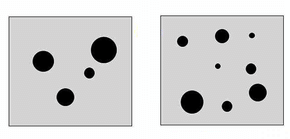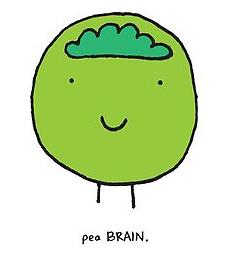Click here and press the right key for the next slide.
(This may not work on mobile or ipad. You can try using chrome or firefox, but even that may fail. Sorry.)
also ...
Press the left key to go backwards (or swipe right)
Press n to toggle whether notes are shown (or add '?notes' to the url before the #)
Press m or double tap to slide thumbnails (menu)
Press ? at any time to show the keyboard shortcuts
Moral Intuitions
Which sentence is grammatical?
(answer fast)
[1] Many more people have been to Paris than I have.
[2] Many more Paris than have to been people I have.
Which box has more?
(answer fast)

intuition
A claim you take to be true independently of whether is is justified inferentially
- linguistic ✓
- mathematical ✓
- moral ??
right or wrong?
(answer fast)

right or wrong?
(answer fast)

right or wrong?
(answer fast)


moral intuition
A claim you take to be true independently of whether is is justified inferentially
concerning ethical matters.
Sinnott-Armstrong et al (2010), ‘Moral Intuitions’ in Doris et al (ed)
significance of moral intuitions
philosophy
1. intuitionism
‘Intuition is a resource in all of philosophy, but perhaps nowhere more than in ethics’ (p. 57).
‘intuitions [...] can serve as data [...] ... beliefs that derive from them receive prima facie justification.’ (Audi, 2015, p. 65)
2. reflective equilibrium
‘Reflective equilibrium is the dominant method in moral and political philosophy’
(Knight, 2023)
everyday life
speed–accuracy trade-offs

Part I: What ethical abilities do humans have? What states and processes underpin them?
Where do moral intuitions come from in humans’ evolutionary history?
What processes enable humans to have moral intuitions?
To what extent, if any, are moral intuitions culturally variable?
Are moral intuitions reliable?
...
How, if at all, do emotions influence moral intutions?